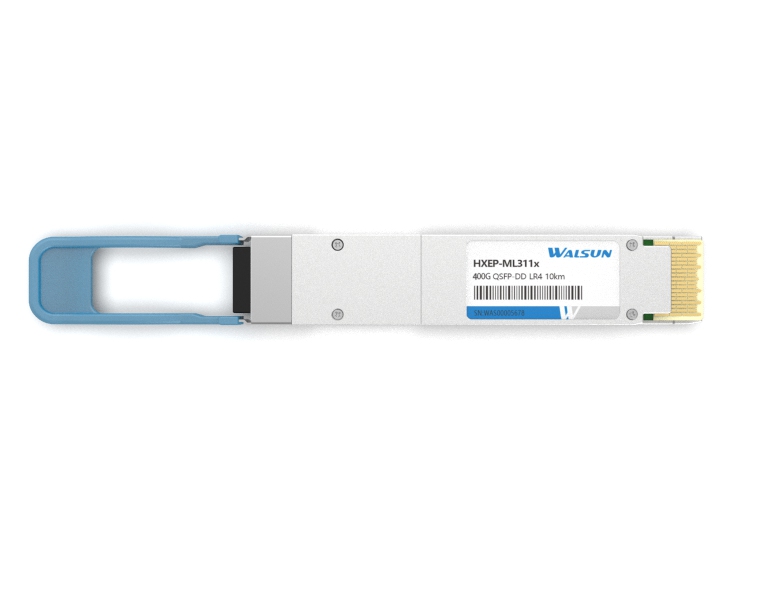PRODUCTS

- Yes, QSFP (Quad Small Form-factor Pluggable) transceivers are designed to be hot-swappable, meaning they can be replaced or inserted into a system without having to power down or disrupt the operation of the system. This feature allows for easier maintenance and upgrades in networking equipment.In the data center, various types of optic module transceiver are seen everywhere, such as SFP, SFP+, XF1633

- A Quad Small Form-factor Pluggable (QSFP) is a high-speed compact and hot-pluggable transceiver used for data communication applications. It is commonly used in data center and telecommunication environments for high-speed networking, such as Ethernet, fiber channel, and InfiniBand applications.A QSFP transceiver works by converting electrical signals into optical signals for transmission over fib3084

- No, QSFP28 is designed to support data rates of up to 100Gbps. It can support 4x10G, 4x25G, and 4x28G configurations for a total data rate of 40G, but it is not specifically designed to run at 40G.In the data center, various types of optic module transceiver are seen everywhere, such as SFP, SFP+, XFP, SFP28, QSFP/QSFP+, CFP and QSFP28. However, for those who get in touch with them for the first t1549

- No, you cannot directly plug an SFP (Small Form-factor Pluggable) module into a QSFP (Quad Small Form-factor Pluggable) port. SFP and QSFP are different types of transceiver modules with different form factors and electrical interfaces, and they are not compatible with each other. If you need to connect devices with different transceiver types, you would typically use a media converter or a compat736

- 1. QSFP-28 (Quad Small Form-Factor Pluggable) - supports four channels of 25 Gbps or 28 Gbps for a total of 100 Gbps or 112 Gbps2. QSFP-DD (Double Density) - supports high-speed data transmission with double the density of the QSFP module, allowing for higher aggregate data rates3. QSFP+ (Quad Small Form-Factor Pluggable Plus) - supports four channels of 10 Gbps for a total of 40 Gbps4. QSFP56 - s1480


 CHS
CHS Walsun Mall
Walsun Mall










